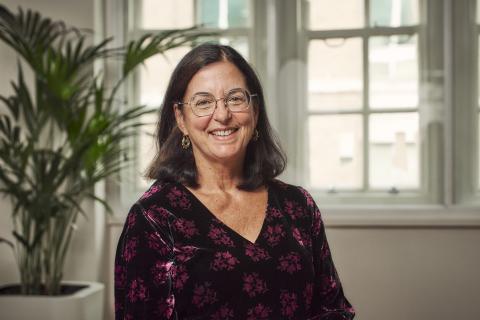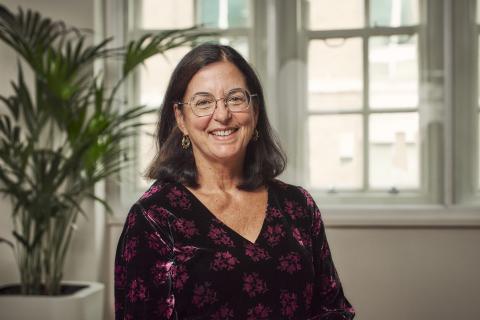Claire said “The new model keeps the show on the road but there is no leeway for future commitment."
“It’s an extremely short-sighted move. Just look at how the BBC turned the 2012 [London] Olympics into a global performance, reigniting tourism to the UK and making an enormous financial contribution. The BBC was planning for years for that event.”
She added “The British system is ginormous and the French don’t quite have the same understanding of the role they play in the world."

